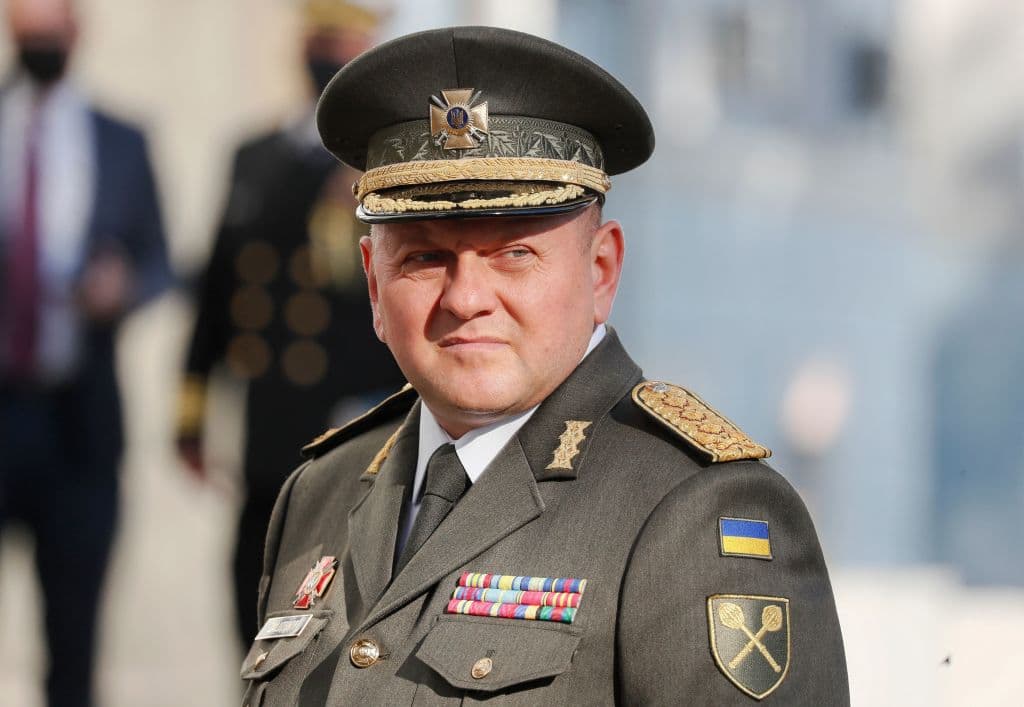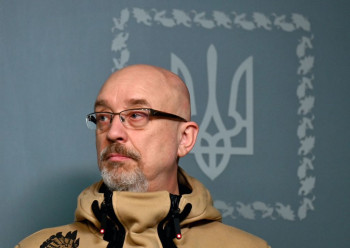Commander-in-Chief Zaluzhnyi defends Defense Ministry amid corruption scandal

Commander-in-Chief of Ukraine’s Armed Forces Valerii Zaluzhnyi said on Jan. 25 that the Armed Forces and the Defense Ministry “profess zero tolerance for corruption," throwing his support behind the ministry.
He said any information about such corruption should be carefully checked, receive a legal assessment, and appropriate response. He thanked the ministry for its procurement efforts.
"Soldiers of the Armed Forces are provided with ammunition, uniforms, food of appropriate quality and in sufficient quantity," Zaluzhnyi said.
The National Anti-Corruption Bureau of Ukraine (NABU) stated on Jan. 23 that it had begun investigating possible corruption in the Defense Ministry’s food procurement.
On Jan. 21, the ZN.UA news outlet published an investigation alleging the Defense Ministry was buying food for soldiers at inflated prices.
According to the report, the Defense Ministry agreed to buy eggs at Hr 17 per item, while in Kyiv’s grocery stores, the price per egg is closer to Hr 7.
A kilogram of potatoes ordered for Ukrainian soldiers costs Hr 22, while the price in grocery stores is about Hr 9, ZN.UA reported.
The publication alleges that the inflated prices indicate a possible corruption scheme.
On Jan. 23, Defense Minister Oleksii Reznikov came out with a statement calling inflated prices a “technical error” of the contractor, who “made a mistake while transferring data from one table to another.”
Reznikov dismissed the investigative report as “nothing but manipulations” and promised repercussions to those who leaked the contract to journalists, adding that the Security Service would look for the alleged whistleblower.
Deputy Defense Minister Vyacheslav Shapovalov resigned on Jan. 24 following the procurement scandal that rocked Ukraine.
Zaluzhnyi said that transferring the responsibility from subordinates to the leaders harms not only the case but also contradicts the management principles of NATO.
“This applies to both the Ministry of Defense and the Armed Forces,” he said.










